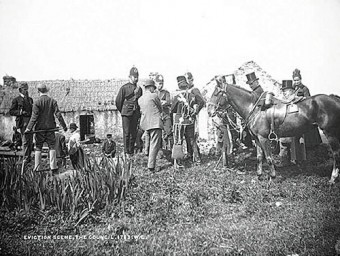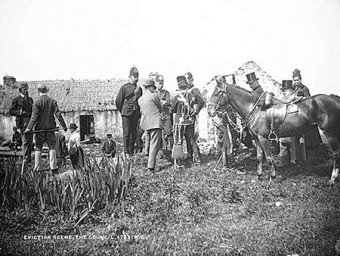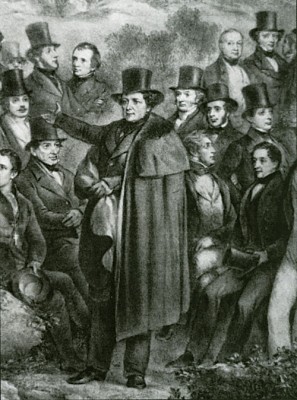Search Results for 'Clifden workhouse'
3 results found.
What more could a landlord do?

Despite some honourable exceptions the conduct of most Galway landowners to their tenants during the latter part of the 19th century was a disgrace. It led to disastrous social consequences. Although ultimately, the landed class were removed from their houses and lands, as a result of the Land War and acts of parliament; in many cases the peasantry too was decimated, demoralised and scattered to the winds.
What more could a landlord do?

Despite some honourable exceptions the conduct of most Galway landowners to their tenants during the latter part of the 19th century was a disgrace. It led to disastrous social consequences. Although ultimately, the landed class were removed from their houses and lands, as a result of the Land War and acts of parliament; in many cases the peasantry too was decimated, demoralised and scattered to the winds.
Daniel O’Connell leaves the Irish stage

Having got him there, Clifden was not going to let Daniel O’Connell go easily. The meeting, on the edge of the town had been an unparalleled success, and the excitement prevailed. The organisers had constructed a huge pavilion ‘on the highest point of the town’, covered with canvass. It must have been of considerable size as 300 men sat at long tables, while 200 ladies sat in the adjoining galleries. At 8pm that Sunday evening, September 17 1843, O’Connell and other guests entered the pavilion with one of the Galway Temperance bands preceding him with lively tunes. His arrival was greeted with the ‘ most deafening cheers’, while the ladies waved scarves and handkerchiefs.

